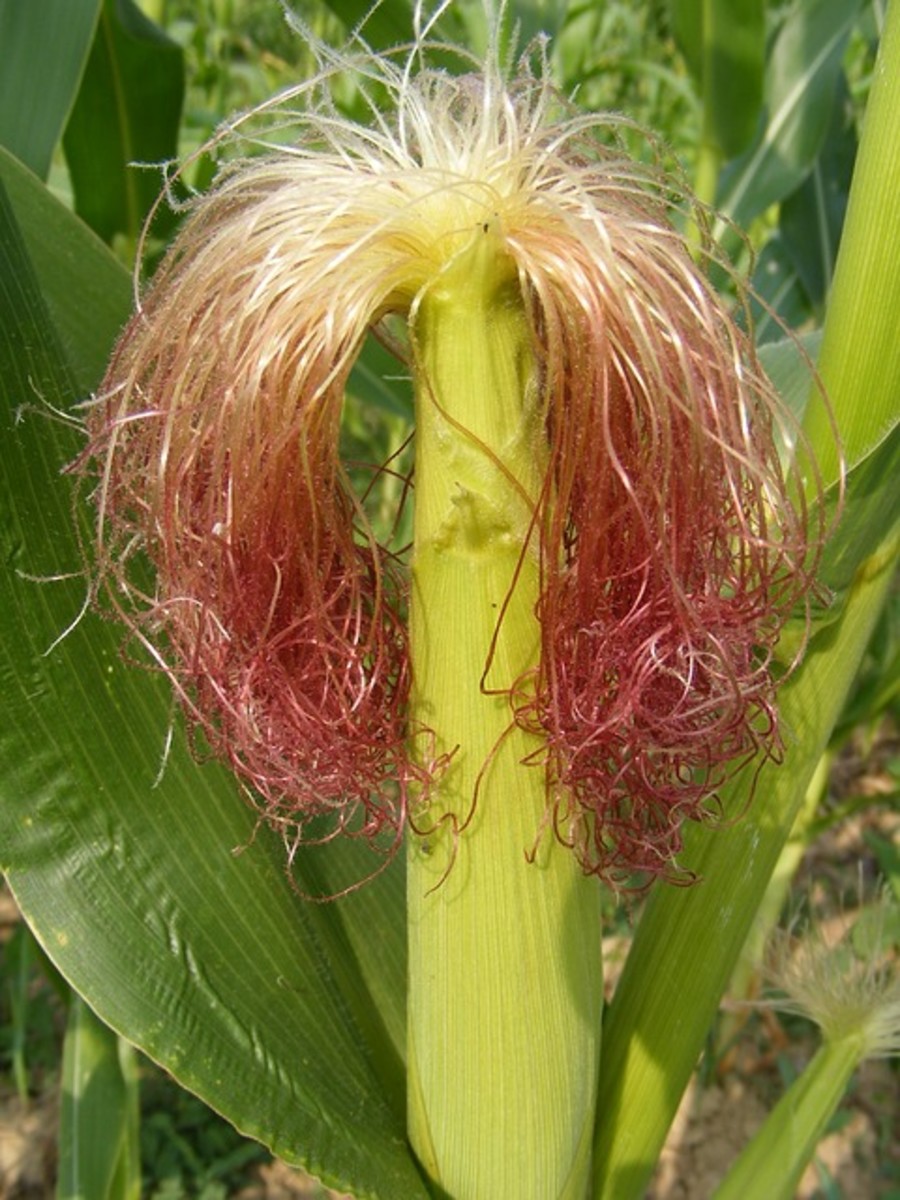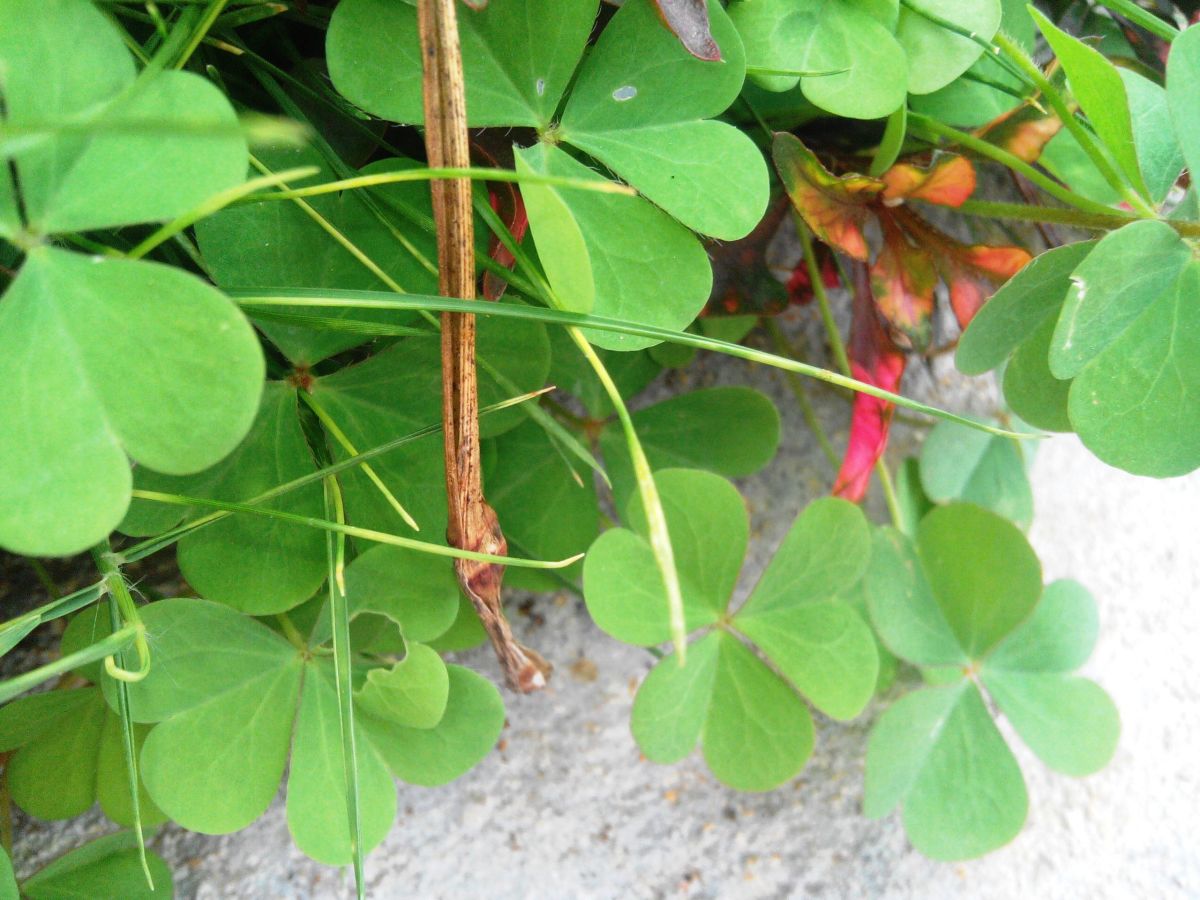The Healing Power of Herbs: Do They Really Work?
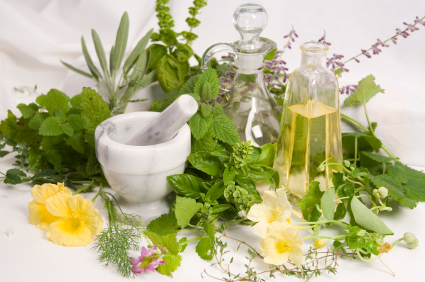
First off to begin to answer that question let me say this, I believe that there are no “magic bullets” or “miracle cures” when it comes to human health. The more we learn about the human body the more we realize that health is a delicate balance based not only on how we feed and move our bodies but also on what toxins we may be or have been exposed to, our levels of stress, emotional climate and overall satisfaction in our lives to name just a few variables. In addition to that, there are many things that can further affect health and healing such as your personal constitution, metabolism, and genetics. Add to this that your overall body chemistry changes not only with the seasons but also as your body matures. At that time you may find that what worked for you in your 20’s and 30’s may not have the same effect as you transition into your 40’s, 50’s and beyond.
Bearing all that in mind there is certainly enough historical and scientific evidence to indicate that herbs can have a positive effect on human health and well-being even as our bodies change with the seasons and time. Keep in mind however that herbs do not work in the same way that pharmaceuticals do. Many people are used to the dramatic effects (although not always positive) of prescription drugs and may mistakenly think an herb isn’t working when they don’t experience the exact same effect they would from a prescription drug. Herbs work in a holistic way; that is they work on body systems rather than by simply treating a symptom. Many herbs nourish and restore balance to body systems and internal organs so that they can heal and function in the way nature intended. This is the reason that as you learn more about herbs you’ll find that one herb can work on what on the surface may seem to be many unrelated physical issues.
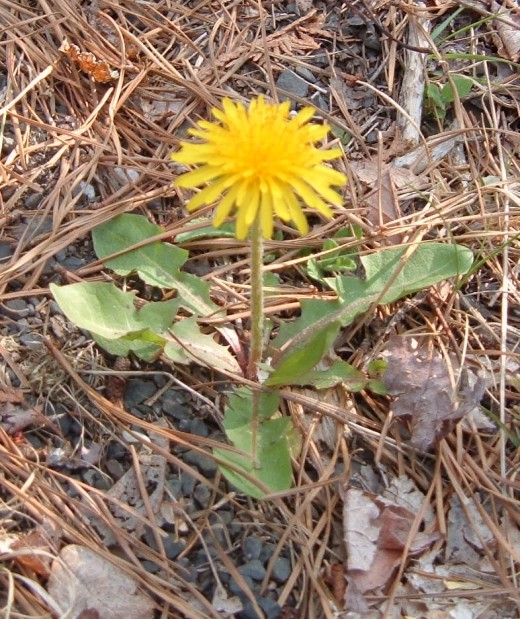
Defining an Herb
What is an herb? Is it a spice like cinnamon, basil or rosemary? Well it can be and many common household spices also have medicinal as well as nutritional value. Herbs like Rosemary (Rosmarinus officinalis) have been used medicinally for centuries. A simple cup of Rosemary tea can be taken for a headache or digestive upset or used topically as a strengthening and clarifying hair rinse. Other common spices are also proving to have medicinal value. Native to Sri Lanka, the spice Cinnamon (Cinnamomum zeylanicum) is quickly gaining favor as an aid to blood sugar control. A study conducted at the National Institute of Health found that Cinnamon improved blood glucose levels in persons with Type 2 diabetes. Recent reports on the spice, Tumeric (Curcuma longa) has found that it significantly reduces inflammation, a condition at the core of many illnesses. A three month trial from Italy involving 50 patients with osteoarthritis found that those patients that added Tumeric in addition to standard treatment were able to reduce their anti-inflammatory medication by 63%.
So what then is an herb? An herb is defined as any herbaceous plant that has medicinal value. This would include plants that we call spices as well as other plants that have an effect on human health. I would add to that definition any plant or tree that has medicinal, nutritional or spiritual value including those that we might consider "weeds" such as the humble Dandelion (Taraxacum officinale).
So let’s take a look at some additional evidence regarding the efficacy of herbs.
Historical Evidence
The history of herbalism is the history of our relationship with plants and our dependence on them for our physical health and survival. When precisely that relationship began is difficult to say. Archeologists put the arrival of our earliest modern human ancestors at about 300,000 years ago. It’s easy to imagine at that time our complete dependence upon this Earth for every aspect of our lives. Early humans couldn’t travel to a convenience store for an Advil or a Band-Aid and certainly the nearest emergency room would be a few hundred thousand years away. Give or take a few years. What we do know from archeological evidence is that dating back as early as 65,000 years ago humans were using plants for medicinal and spiritual purposes. Based on plant and pollen evidence from various burial sites such as Shanidar Cave in northern Iraq we see this relationship clearly.
Historically we can look at examples of the relationships between humans and herbs from every culture imaginable. The Egyptians used herbs for everything from beauty rituals to embalming fluid. Many original papyrus documents have been unearthed containing references to herbs and formulas that are still in use today. One such example; a primary ingredient in the embalming oil of Ramses II in 1224 BCE was Chamomile (Matricaria recutita), an herb that today most recognize as a calming herb but was also valued for its lovely scent. Another is Garlic (Allium spp.) that the Egyptians used as a gargle and for sore throats. Today we know that Garlic possesses powerful anti-bacterial as well as anti-fungal and other medicinal properties.
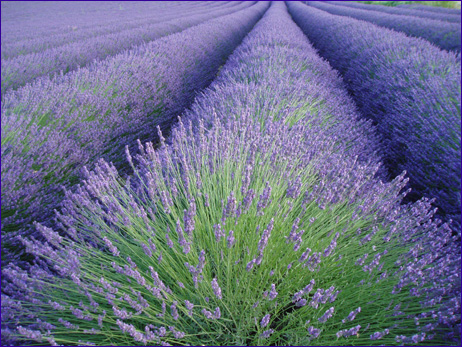
The French are famous for their beauty rituals many of which were herbal in their origins. Marie Antoinette who was well known for her beauty and youthful appearance is said to have used a hair rinse containing herbs such as Sage (Salvia officinalis) that kept her hair from turning gray. Charles VI insisted upon having his pillows stuffed with Lavender (Lavandula spp.) wherever he went. Today Lavender is used widely as an aid to sleep and as an anti-anxiety remedy.
Although medicine and in particular doctors were not held in high regard within the Roman culture, we can still find historical references to their uses of herbs. Roman soldiers are rumored to have drunk a tea made from the flowers of the Borage (Borago officinalis) plant before going into battle. They claimed this herb gave them courage. What we now know is that Borage has an effect on the adrenals which would have potentially given the Romans increased stamina on the battlefield.
Most American Indian tribes relied heavily on herbs and spiritual energy to heal not only the individual but the tribe as well. In the American Indian culture herbs were brought to many of the tribes by bear. Many held a sacred relationship with bear and watched what roots bear dug and learned of some of their herbal remedies in that way. Many northern east coast Indian tribes used herbs such as Black Cohosh (Cimifuga racemosa) to assist with labor associated with childbearing and herbs such as Sassafras (Sassafras albidum) were a main staple as a tea.
In some instances herbs acquired their names from the many years of successful usage for a specific ailment. The herb Yarrow is one such example. The botanical name for Yarrow is Achillea millefoleum. Achillea refers to the warrior Achilles and was used to treat the wounded in battle. We know that topically Yarrow will staunch bleeding and today this herb is employed spiritually to work through issues with career; too often the modern day “battleground”.
Scientific Evidence
When I speak of the scientific studies regarding herbs I like to remind people that modern science is only beginning to catch up on what herbalists and indigenous healers have known since before recorded history. In some instances I think we need to be patient with science as it catches up and remember to trust our own experience and common sense. A few herbs that have been studied:
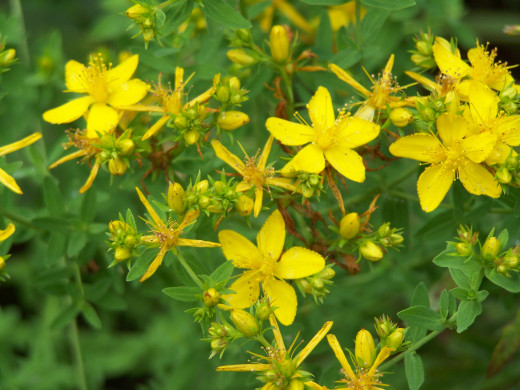
St. John’s Wort (Hypericum perforatum)
Over 30 studies including thousands of patients have been conducted proving that St. Johns Wort is as good as the gold standard antidepressant and in many cases better especially if you consider the side effects involved with many prescription anti-depressants. In comparison studies patients taking St.Johnswort experienced side effects on average of 2.4 % as compared to the standard 30-40% for prescription antidepressants.

Jewelweed (Impatiens capensis, I.pallida)
A now famous 1957 study on Jewelweed found it effective in treating poison ivy in 108 out of 115 cases. Most herbalists consider Jewelweed the gold standard for treating poison ivy which is quite often found growing right beside poison ivy.
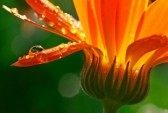
Calendula (Calendula officinalis)
Recent studies on Calendula (also known as Pot Marigold) indicate significant anti-inflammatory and free radical destroying properties. Properties that may protect against diseases such as heart disease and cancer.
These are just a few studies on herbs but as herbal medicine continues to grow in popularity many more are being conducted. I expect that the more science does catch up with what indigenous healers have known since the beginning of time, the more we will find the public at large embracing herbal medicine as the legitimate form of healing that it is.
In Conclusion
Herbal medicine is as old as the first humans that realized plants had impressive powers of healing. It is something that has been accepted by many cultures for thousands of years. More impressive is the fact that more than half of our prescription drugs are derived from medicinal plants. When compared to modern medicine we see that herbal medicine’s roots go much deeper into our collective cultures than the pharmaceuticals so many have come to rely on and never question. In truth modern medicine with all its pills and expensive surgeries is scarcely 200 years old. Herbal medicine is easily tens of thousands of years old.
Historical and scientific evidence aside, the most compelling evidence is without a doubt experiential. Your own experience will let you know if herbs are a good fit for you. That is not to say I feel we should all rely soley on herbal medicine because I think that would be equally as imbalanced. I do however, believe that more attention should be paid to preventing many of the ills that can be prevented through proper diet, nutrition, stress reduction AND herbal medicine. I feel that modern medicine has its proper place in that mix but I believe it’s dangerous to give anything too much power without question. It’s important to question medicine and doctors when necessary and make sure that you have the last word on your healthcare.
Please remember that herbal remedies are powerful and many can interfere with any medications you may be currently taking. Always consult with a physician or health care provider before taking herbal remedies.

